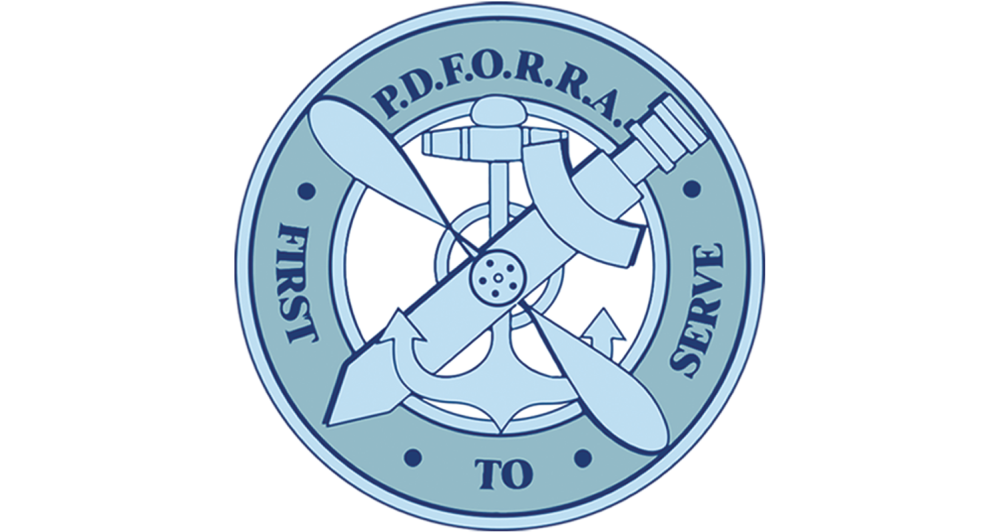The army should not be used as cheap labour to cover failings at the country’s busiest airport, Defence Forces representative groups have warned.
RACO and PDForra both criticised the Government's decision to put military personnel on standby to help with aviation security at Dublin Airport just weeks after Taoiseach Micheál Martin and Defence Minister Simon Coveney said the airport crisis was a human resources issue for the Daa to solve.
Following a request from Transport Minister Eamon Ryan, Cabinet supported a decision to deploy Defence Forces members for training and to be on stand-by for aviation security duties at the airport from early July.
Military personnel will be positioned at the airport’s vehicle control posts only if the Daa’s own security team is hit by Covid.
Mr Coveney said while he recognises the Defence Forces does not normally help provide services for a commercial airport, he agreed to this request on a clear assurance that this is a “distinct piece of work, provided in extreme circumstances, as a short-term emergency-related contingency action”, and is in direct response to a letter from Daa management to the transport minister.
“The request is clearly defined in terms of the role and timeline, lasting no more than six weeks, in non-public facing duties,” he said.

He said he consulted with the Chief of Staff, Lieutenant General Seán Clancy on this request, and said Defence Forces members will stand ready to assist if required but that the support will be stood down in August when the busy holiday period has passed.
The Daa, which says it will continue to recruit additional security staff, confirmed that in recent weeks it considered reducing capacity but opted instead to ask for support from the Defence Forces.
The Daa also said it has started to see the impact of the current rise in Covid-19 cases in the aviation sector, with 13 flights cancelled by one carrier last Sunday alone.
But RACO General Secretary, Commandant Conor King, said his officers’ association is concerned that this deployment is another example of the Defence Forces being used as emergency cover to compensate for management decisions in other state bodies.
“We need clarity on the type of roles our members will be expected to perform, what their working conditions will be, and what compensation they will be receiving for their work,” Comdt King said.
“We must not ignore the recommendation of the Commission on the Defence Forces to end the ‘free labour aspect of military service’, which would be a further blow to morale in the organisation.”
RACO president Martin Ryan said they will be working to ensure that personnel are fairly treated, and adequately compensated for their work but said he is concerned about what essential training, career development or activities are being cancelled to facilitate this new task.
Gerard Guinan, general secretary of PDForra, which represents enlisted personnel, said his 6,500 members are already “stretched to the limit” and are struggling to fulfil their existing roles.
“Our members have worked tirelessly for the past two years with numbers that are far below establishment levels,” he said.

“Everybody acknowledges that we are at least 3,000 below what we should be and yet repeatedly our members are called in to deal with crisis after crisis, without being paid appropriately.
“It cannot be a case that our members are used as cheap labour where private enterprise fails to do their job properly. It demeans our profession and role in society.”
“Our members will be rightly asking what are they now going to have to sacrifice as a result of being placed on standby- professional training, their annual leave, time off etc?”
PDForra president Mark Keane also questioned if this is an appropriate use of highly skilled and trained professional soldiers.
“It is foreseeable that this will adversely impact on morale, as personnel perceive themselves as being treated like skivvies, especially since the Taoiseach had said that it wasn’t a role for our members,” he said.
Last weekend was the busiest at Dublin Airport since the start of the pandemic but the Daa said 91% of the almost 55,000 passengers that departed the airport each day cleared security screening in less than 45 minutes.



